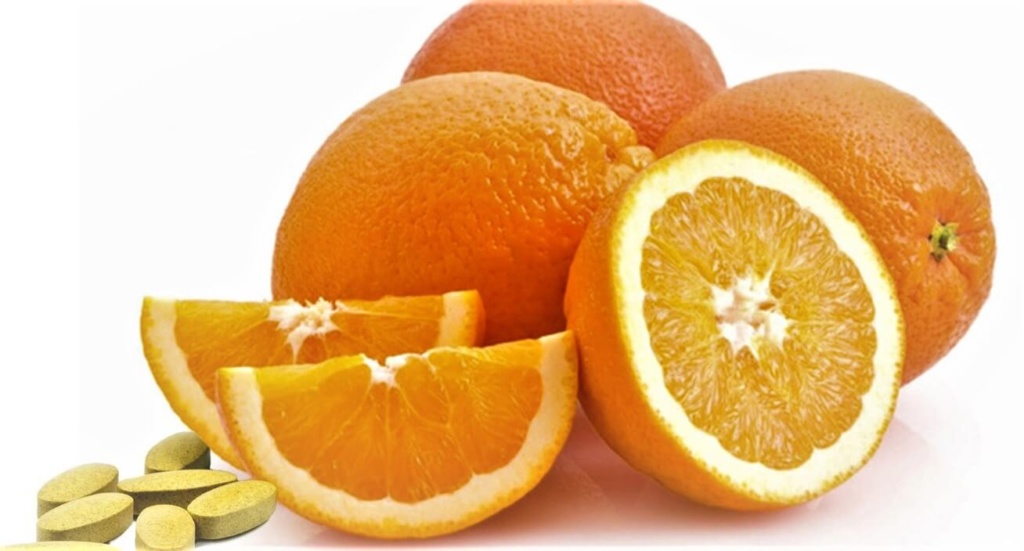Foods That Help You Poop. Foods for Focus Eat these to help you stay on task. It's uncomfortable at best, and can become downright debilitating.

However, pooping is no laughing matter.
Try one of these foods that can help you find relief from constipation.
There's nothing quite as uncomfortable as being stuck on the toilet after several failed attempts to poop. If constipation is leaving you feeling sluggish and uncomfortable, eat these foods to help you poop. What's more, they're delicious enough to be part of your everyday diet so you can enjoy these foods to keep you regular. We also explore the causes and treatments of constipation. So every once in a while, you've gotta turn to foods that help you poop. KiwiFruit is the first type of food that we'll talk about that can help you to be regular.
While remedies for constipation typically include laxatives, stool softeners, and fiber supplements, incorporating a few regularity-boosting foods into your diet can be a safe and effective alternative. The Best Foods for Every Kind of Poop Problem. It's uncomfortable at best, and can become downright debilitating. Rheumatoid Arthritis Is it the source of your aches? Eating certain foods can help to improve the frequency of bowel movements. Fermented foods Foods that require some sort of bacterial activity to make -- think yogurt, kimchi, miso, kombucha, and sauerkraut -- contain probiotics , which help calm down an overactive digestive system, Suchar says.
Serious difficulty pooping can point to serious medical issues that need to be addressed as quickly as possible. There's nothing quite as uncomfortable as being stuck on the toilet after several failed attempts to poop. This uncomfortable pause in your pooping schedule can be caused by gastrointestinal disorders, like irritable bowel syndrome, dehydration, or a lack of physical movement (yes, quarantine constipation is real).






